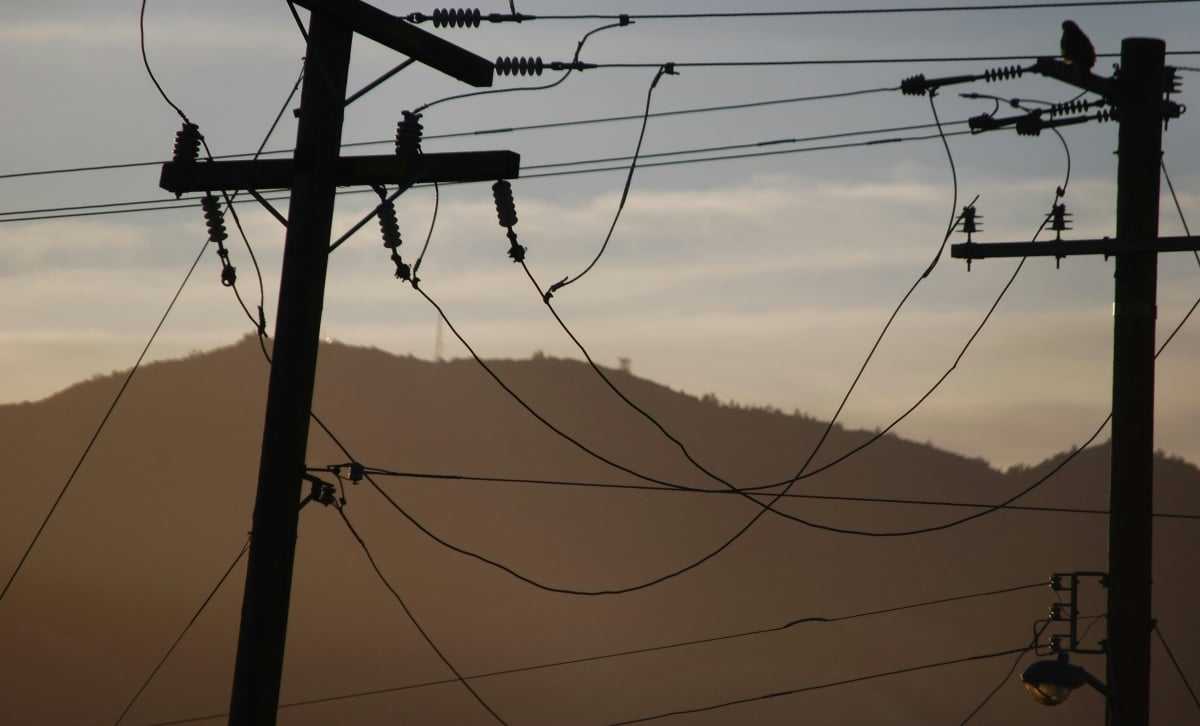Armenia will soon have legislation regarding cyber security and related fields. Finally, Armenia will define what constitutes critical infrastructure, its areas, and the necessary security measures in cyberspace.
These critical infrastructures include the energy system, water supply, telecommunications, and banking system – all of which are essential for the functioning of the entire country. These sectors are susceptible to cyber-attacks, as any disruption in these sectors can significantly impact the whole country.
However, in the case of Armenia (and not only Armenia), the society itself should be perceived as a critical infrastructure.
The lack of media literacy and basic knowledge of digital hygiene among the general public makes it dangerous for itself.
Let us observe several directions.
The lack of digital literacy in Armenia leaves the country open to hostile espionage operations. Azerbaijan’s cyber espionage activities on social networks and the infection of phones and computers with spyware make the country highly vulnerable to foreign intelligence operations.
The near-absence of an immune system against fake news often results in events that cause an entire city or even the country to descend into panic and hysteria, causing chaos in the streets; this is just one example of many similar cases. The unpreparedness for information attacks poses a serious problem for the entire country.
Armenia is highly sensitive to hybrid attacks due to its public weakness in digital literacy and susceptibility to fake news.
Furthermore, the persistent desire of some to gain wealth rapidly while lacking financial literacy results in significant capital outflows from the country; this seriously challenges the economy and the banking systems.
Certain developments can pose a danger. For instance, the government’s efforts to impose mandatory video monitoring in Armenia may inadvertently lead to the country being monitored by the special services of Azerbaijan; this is because most of the public is not aware of how to properly install and manage cameras, which could make them vulnerable to external manipulation.
These observations suggest that one of the most significant threats to the Armenian public is the public itself.







